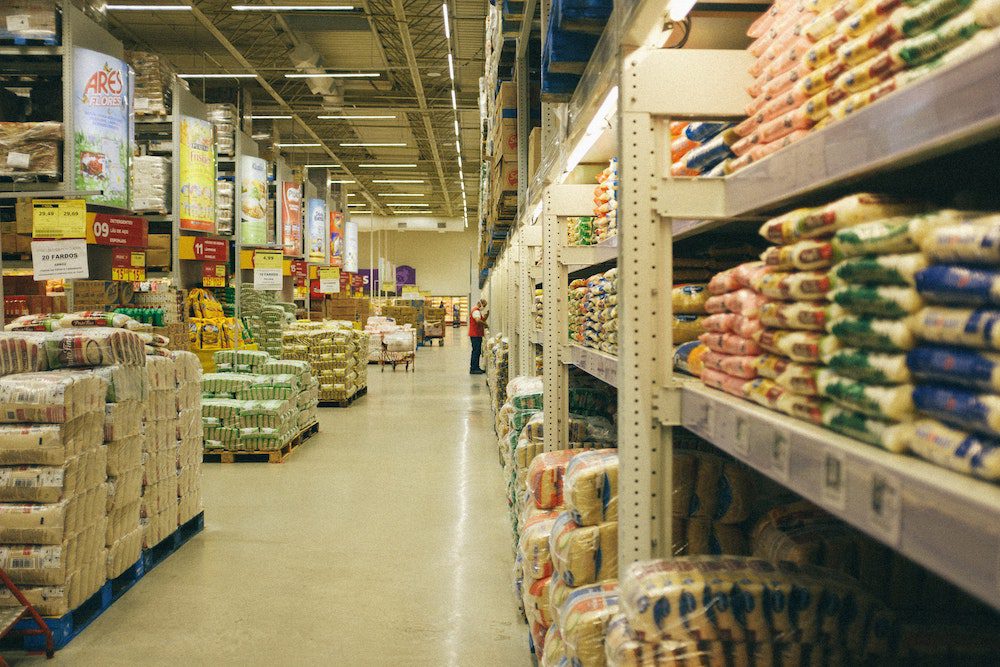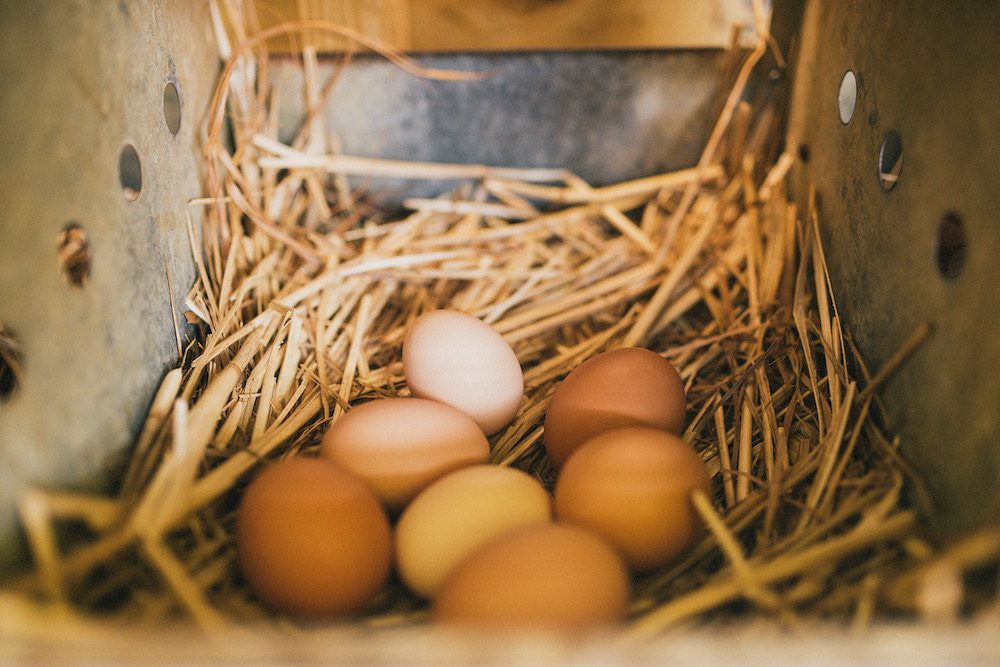The prospect of consuming only unprocessed foods may feel like something of a monumental challenge, but it’s also unsustainable to eat too much of the hyper-processed globally-produced convenience foods that flood grocery store shelves. So where does that leave the thoughtful but time constrained consumer?

If you’re like me, you may occasionally romanticize the idea of eating a perfectly balanced menu of raw and whole foods. And I’m not talking about Amazon’s grocery chain. I’m talking foods that are completely unprocessed except for maybe a little cooking and some added spices: vegetables, fruits, seeds, nuts, and proteins. The benefits of this sort of eating appear obvious. Nutritional values are higher and more traceable in unprocessed foods, flavors are often rich, and you’re left feeling energized after a made-from-scratch meal full of unaltered macro and micronutrients.
If you’re also like me, you may have a busy schedule, unique flavor preferences, and a life. If we’re honest, it can be tough to actualize this dream of relying solely on whole foods and so we get discouraged and bend far in the opposite direction. Unhealthy fast food or frozen meals with unpronounceable ingredients too often become the norm along with shelf stable snacks and sweets whose ingredients have been artificially flavored and chemically altered beyond all recognition. It’s exactly where we don’t want to be and it leaves us feeling exhausted, nutrient deficient, and disappointed with ourselves.

Is there a middle ground?
Thankfully, not all food processing is bad. In fact, much of it is super necessary! Take flour for example. I don’t know anybody who snacks on raw wheat, but I definitely enjoy fresh bread as much as the next person. Processing whole ingredients using more natural means leads to a better final product while still saving us consumers time and opening the door to more unique flavors. Some natural processing methods include cooking, smoking, baking, and mixing of various whole ingredients to create a final product.
However, there is one major roadblock to sourcing preservative and additive-free naturally processed foods: geography. Global producers intentionally alter their food to either survive a shelf in foreign lands or the perils of international transport. This involves loads of preservatives and chemically derived shelf-stable ingredient replacements for the whole foods they were made to mimic.

But what if there was a way to have your cake and eat it too?
I’m talking fresh organic produce, bread, coffee, dairy, meats, and even fully prepared meals without all the chemical life-extenders and lab-made flavor enhancers. The beautiful thing is that our state produces all of this and more, without the synthetics. Every week, farmers and producers around Georgia harvest and prepare their products specifically for the upcoming week’s Fresh Harvest home deliveries.
The Firelight Coffee you’re sipping on was roasted a few days before it made its way to your house. The grain bowls, soups, and salads from Stop Think Chew were thoughtfully prepared a day ahead of your receiving them. And the eggs from Wauka Meadows chickens were laid within a week of arriving at your doorstep.

The closer we are as consumers to the source, the more flavorful, nutrient dense, and traceable our food will inevitably be. When we buy from our local farmers and producers we are eliminating the need for additives and preservatives that deplete our food of its inherent goodness. The local economy of food opens up a middle ground that allows us to responsibly manage our time, our flavor preferences, and our health.
What’s the downside?
Good food doesn’t last forever. Good preservative-free food must be consumed in a shorter amount of time than its additive-laden counterpart. Unless you freeze your bread from TGM Bakery or Simple Bread Co, it will not last on your counter longer than a week. But what you lose in shelf-life, you gain in nutrients, flavor, and the satisfaction of knowing you’re taking part in a more robust and sustainable food economy here in Georgia.

Helpful hint: to get the most out your preservative-free organic produce, here are a few storage tips!
